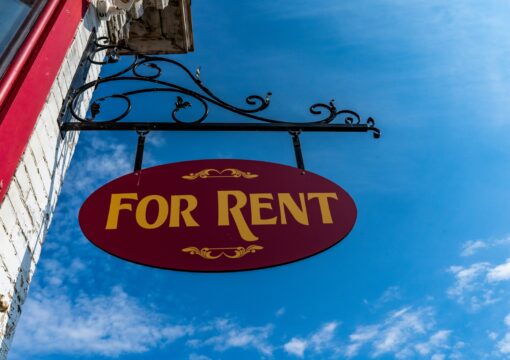Lots of people earn money independently, alongside or instead of running a business. This could involve selling second-hand clothes, handicrafts, baked goods, etc. The general purpose of a hobby is not making profit, being a more casual and cost covering activity.
However, it can be difficult to determine where a hobby ends and trade begins. Therefore, it’s important you understand on which side of the line you fall to remain compliant with the rules.
Trade badges
There’s no single statutory definition of ‘trade.’ The best way to judge if you’re trading or not can be applying the ‘trade badges.’ These are set out in case law as indicators that trade is occurring…
- Profit-seeking – Is the activity designed to make money?
- Number/frequency of transactions – How regular is the activity?
- Nature – What actions/assets does the activity involve?
- Similar trading interests – Does your activity resemble an existing trade?
- Modifications – Are assets being improved, repackaged, or altered before sale?
- Source of finance – Was money borrowed or invested for future repayment?
- Organisation – How is the activity run (records, inventory, marketing, etc.)?
- Purchase then sale – How quickly are assets bought then sold again?
- Method of acquisition – Were goods bought for resale, or for personal use?
Not all badges have to be present to determine whether the activity is a trade, and it’s possible for more than one trade badge to apply without trading occurring. No one badge is holds greater relevance than another. Consequently, these badges are not a conclusive checklist to judge whether an activity is trading (or not), but might give a useful indication.
Pros & cons of trading
Many people will want to avoid being classed as a trader because of additional tax on income they may incur. Although, there are business related reliefs that might be appealing. This is particularly common where an individual may contend that loss-making activities are trade, so that relief for trading losses can be offset against their other income. Unsurprisingly, HMRC are inclined to treat these loss relief claims with suspicion.
Most people have a standard Personal Allowance of £12,570. This is the amount of income you do not have to pay tax on. If you earn over £100,000, this personal allowance decreases.
If you’re a trader, you must register for self-assessment, if you earn more than £1,000 in a tax year (from 6 April to 5 April). Once you’ve submitted your return, HMRC will determine if you need to pay Income Tax and National Insurance contributions based on your profits.
You need to register for VAT if the requirements apply and may choose to register anyway, if you want to reclaim VAT on business expenses.
You might have to pay other taxes depending on the nature of your trade.
However, tax reliefs are available to traders too. You might be able to deduct the following from your trading income…
- Uniforms, work clothing, and tools
- Purchasing equipment
- Work vehicles
- Professional fees and subscriptions
- Travel and overnight expenses
- Working from home
Always check before claiming. It is fraud to apply for reliefs you should not receive and any potential benefit would be reversed and then outweighed by penalties.
Need some guidance?
Seemingly, it’s complicated to decide what’s trading and what isn’t. You can read HMRC’s guidance. This is not legally binding, but does provide an approach to establish whether trading is taking place. You might also consider creating a detailed business plan, so you’re clear on your commercial methods.
If you’re still unsure, please a professional accountant or adviser, such as Burton Sweet. A member of our team will be happy to talk this through with you, so you can realise opportunities and avoid potential pitfalls.







